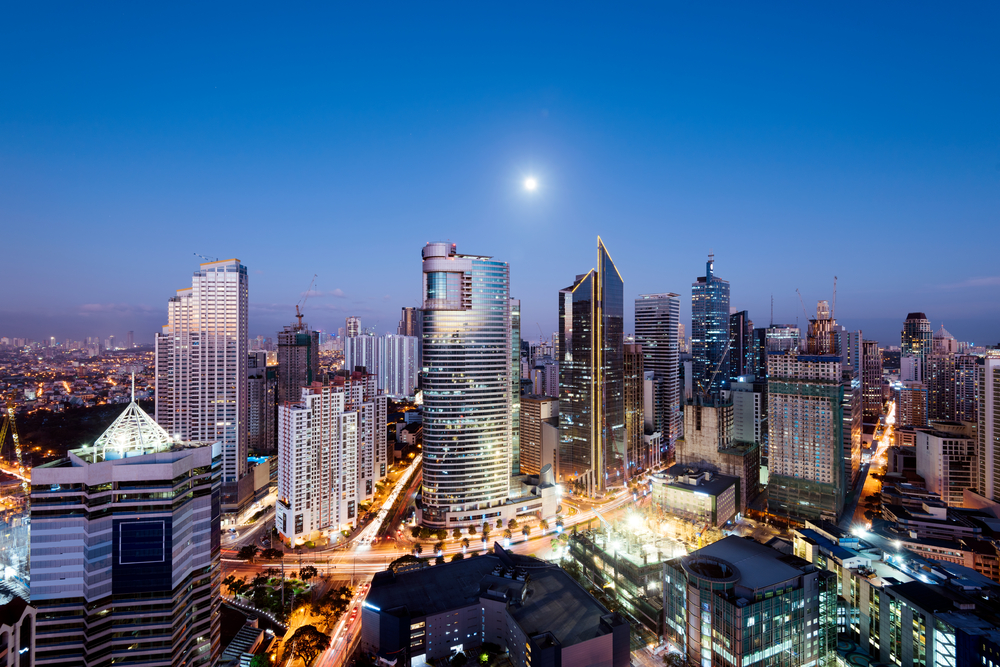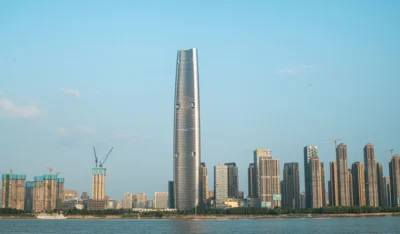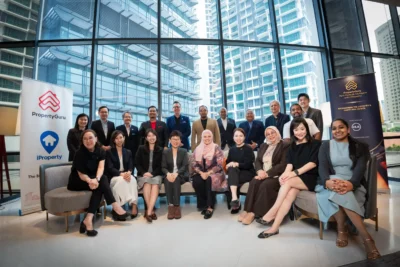Philippine property remains resilient amid headwinds
Developers should funnel expansion into hubs outside the capital, say Colliers analysts

The Philippines’ commercial and residential real estate sectors are likely to withstand the repercussions of the US-China trade war and other global headwinds, Colliers Philippines analysts tell The Philippine Star.
Citing “strong appetite” for commercial spaces and homes in the country, analysts at the consultancy enjoined development firms to capitalise on renewed state spending and expand outside Manila.
With the trade war compelling US enterprises to relocate beyond greater China, demand in industrial and logistics segments stand to rise in other Asian countries, including the Philippines.
“The region’s commercial real estate sector remains an appealing destination offering an assortment of opportunities and promising returns to all investors appraising their portfolio strategy for the remainder of 2019 and beyond,” the consultancy stated.
More: The Philippines’ richest man leaves behind a ‘nation of homeowners’
Investor sentiment is also likely to ride out hurdles brought about by reduced public spending in 2019.
The Filipino government rolled out an expenditure plan to compensate for a delay in the approval of the national budget early this year. The nation’s GDP had eased to 5.6 percent in the first quarter and 5.5 percent in the second quarter as a result of the stalled budget approval, the slowest growth since Q1 2015.
Infrastructure and other capital expenditures have since risen, soaring 5.9 percent year-on-year to PHP61.5 billion (USD1.18 million) in May. Private construction expanded last quarter: indicating strong demand for office towers, condominiums, malls, hotels and industrial parks in the country, the Star noted.
“Developers should seize this opportunity to build more offices in key hubs outside of the country’s capital and acquire land parcels near soon-to-be expanded and modernised regional airports,” Colliers Philippines’ Ieyo de Guzman tells the Star.
Lacklustre state spending can impede public projects that are key to decongesting the capital and redistributing the appreciation of land and property values, Colliers market observers warn. “The public projects also help dictate the long-term plans of developers,” they stated.
Recommended
6 developments driving Asia’s green real estate shift
Developers are being incentivised to push a green agenda into daring new realms
The Philippines’ LIMA Estate drives sustainable industrial growth
LIMA Estate models a citywide vision that uplifts workers while appealing to climate-conscious employers
Malaysia property market rebounds with foreign interest and growth
The nation’s property market is stirring to life, fuelled by foreign buyers and major infrastructure drives
China’s renewable energy surge redefines housing norms and development
From exporting solar panels to building entire green-powered neighbourhoods, China’s renewable surge is redefining housing norms







